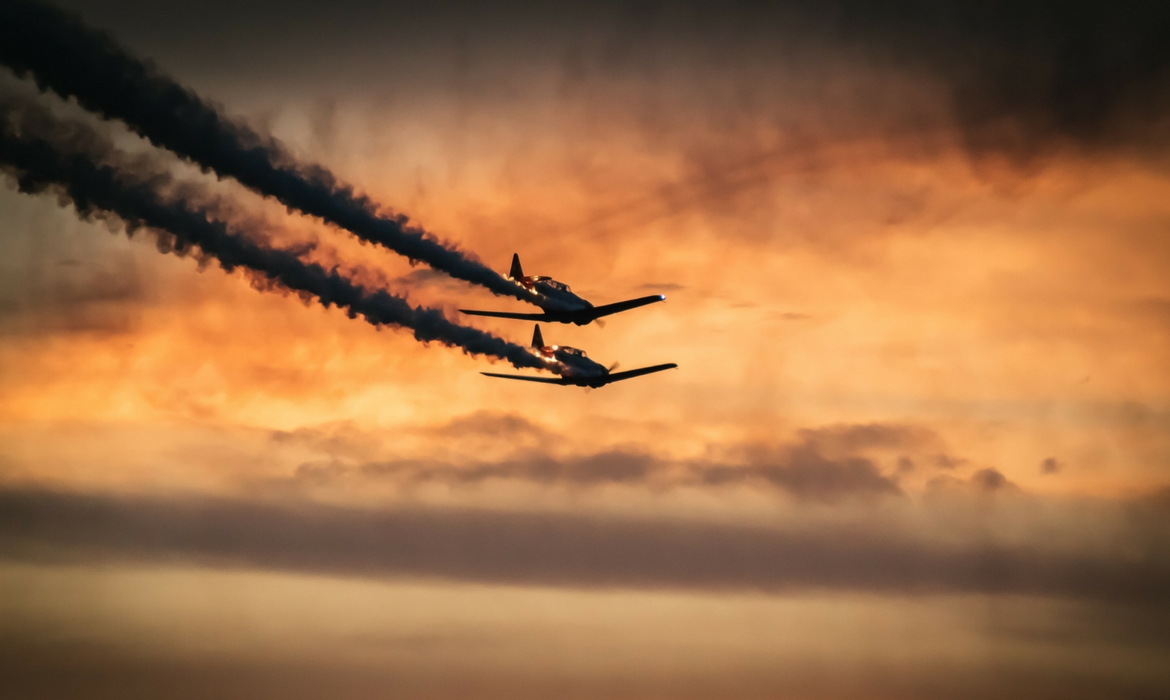As Japanese planes roared down, a new threat emerged. The first wave of the Japanese attack was over; the second wave was about to begin. But fighter planes still filled the skies, shooting at anything that moved. The U.S.S. Neosho, a fuel tanker, was docked ahead of the sinking California, not far from the Oklahoma and Maryland. Though the Neosho had unloaded most of its six million gallons of aviation fuel since arriving the day before, it still carried enough gasoline and vapor that a Japanese bullet in the wrong spot would create an explosion dwarfing anything seen so far. Trying to prevent this catastrophe, the crew of the Neosho had her underway, barely moving but headed across the narrow harbor to a safer berth at Merry Point.

Jim Downing was twenty-eight on December 7, 1941. He was in his ninth year with the navy. He once joked that the USS West Virginia was his multimillion-dollar home, paid for by Uncle Sam, but he happened to be off the ship that morning when the Japanese attacked Pearl Harbor. Jim raced to the water, but by the time he got there the West Virginia had already taken multiple hits and was in flames. He managed to get aboard by jumping from the neighboring USS Tennessee. Once on board, he tried to keep the fire from reaching the lockers where live ammunition was kept.

“I watched, fascinated and fearful, as the Japanese planes swarmed like bees toward the Neosho. I was only about four hundred yards away.
One of those bullets is going to hit pretty soon, I thought. God, I’ll be with you in a minute.
The minute passed. My fire hose kept spraying. The Neosho kept inching farther into the harbor. The Japanese planes kept diving and firing. God, I thought, I’ll be with you in another minute.
Another minute passed.
Suddenly my fear melted away, replaced by the most overwhelming sense of peace I’d ever felt. For the next half hour, until the Neosho docked at Merry Point, I expected to die in the next minute. I was sure I would be ushered into God’s presence—and that was fine with me. Peace.”
It will be no surprise that those experiences stayed with Downing in the seventy-five years that followed. He is, at 103, the second-oldest known American veteran to have survived that day, and he has spent much of his life reflecting on what he learned as a witness to one of history’s most infamous moments.

Watch CNN Interview Jim Downing
For Downing, who also recently wrote about his experiences in The Other Side of Infamy, the events of Pearl Harbor were not just a matter of the attack and military response. He made it a personal mission to reach out to the families of many of the men who were killed or injured that day, either providing information about those who had died or passing along the sentiments of survivors who were not well enough to write their own letters.
“I got many letters from parents being so grateful to me for making that link with their sons,” Downing said. “I was just trying to do what I thought was the most useful thing I could do at that time.”
Throughout his military career, Jim was involved with The Navigators ministry. He came to Christ while sitting in a gun turret on the West Virginia. As his relationship with Christ grew, he took on more responsibility, leading Bible studies and being God’s “inside man” aboard his ship. Upon the completion of his twenty-four years in the military, he joined The Navigators full-time. He spent another twenty-seven years helping the ministry grow and spreading the Word of God throughout the Pacific fleet. Today, Jim devotes his time to traveling and speaking about Pearl Harbor and what it means to live a life of faith.

“The Bible tells us that the Lord is more than adequate for any problem we face: “God is our refuge and strength, a very present help in trouble” (Psalm 46:1, ESV),” says Downing. “I truly understood this for the first time at Pearl Harbor, when I thought a nearby ship, the USS Neosho, was about to explode. Once I put the matter in God’s hands, my worries ceased and were replaced by an amazing sense of peace. “I’ll see you in a minute,” I told God. God saw fit to put off the time when I would see Him face-to-face.
What I’ve learned from that experience and others since is that God does not respond to false alarms. If I feel He’s not paying attention, it’s because I’m not in any real trouble. And if I am in real trouble, I don’t have to worry about it. I know He’s there. He may not handle things the way I would prefer, but I recognize He’s got things under control.
This discovery that God is big enough to handle anything and He is in control influenced the rest of my life. I simply don’t worry much. It is likely the secret to my longevity and how I maintained an even keel through so many years at war. I’ve had the blood pressure of a teenager for most of my days.

Even though I am 103 years old, I travel frequently and tell my story at numerous youth, military, and public events throughout the year. My mission now is to continue to share the Good News of Jesus Christ with as many people as I can.
The truth is that these last few years in my 100s have been the best of my life! I have so much fun that I don’t look back at yesterday or forward to tomorrow. I live in the present, one day at a time—eager to do the work God has called me to today.”
 From The Other Side of Infamy by Jim Downing and James Lund
From The Other Side of Infamy by Jim Downing and James Lund
War is uncomfortable for Christians, and worldwide war is unfamiliar for today’s generations. Jim Downing reflects on his illustrious military career, including his experience during the bombing of Pearl Harbor, to show how we can be people of faith during troubled times.
The natural human impulse is to run from attack. Jim Downing—along with countless other soldiers and sailors at Pearl Harbor on December 7, 1941—ran toward it, fighting to rescue his fellow navy men, to protect loved ones and civilians on the island, and to find the redemptive path forward from a devastating war. We are protected from war these days, but there was a time when war was very present in our lives, and in The Other Side of Infamy we learn from a veteran of Pearl Harbor and World War II what it means to follow Jesus into and through every danger, toil, and snare.




